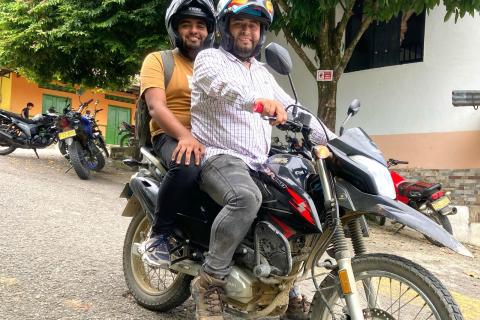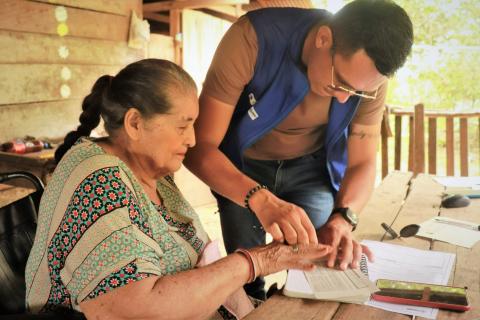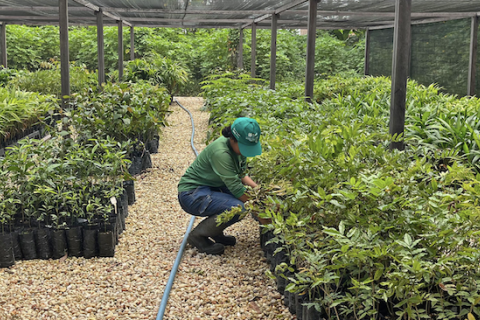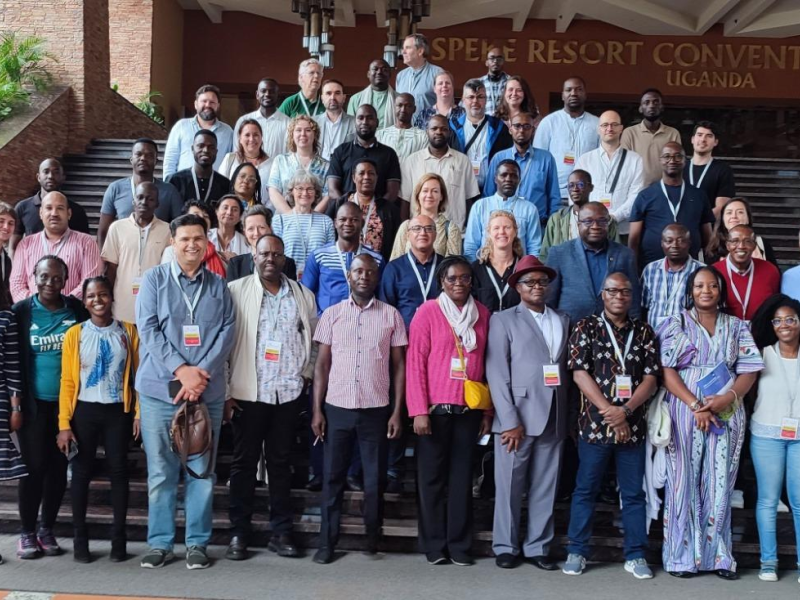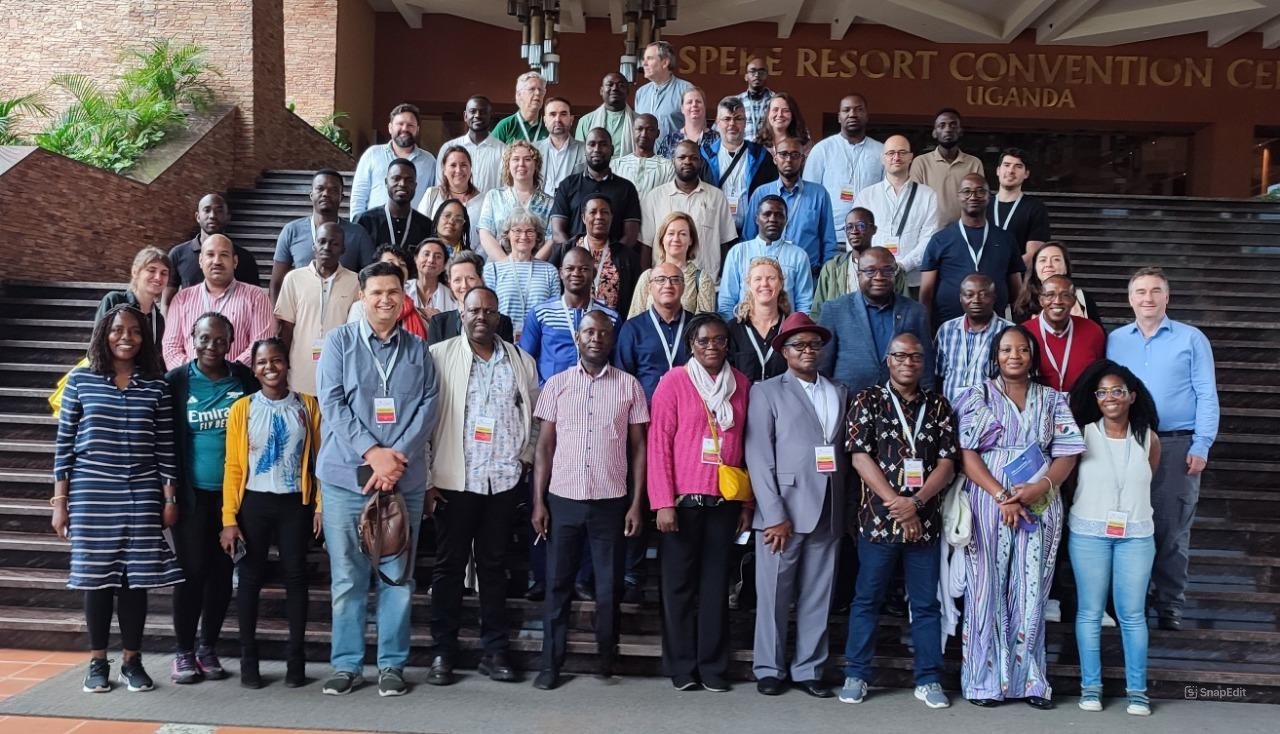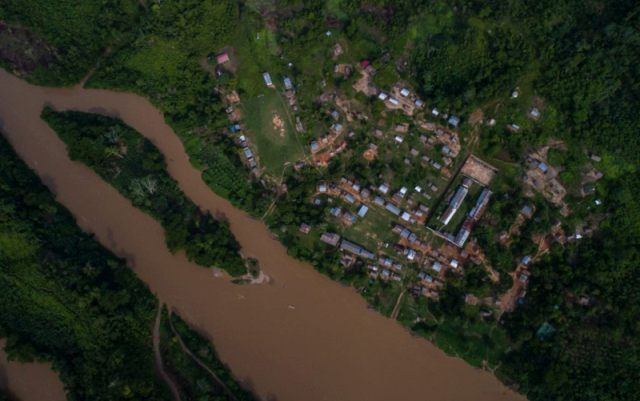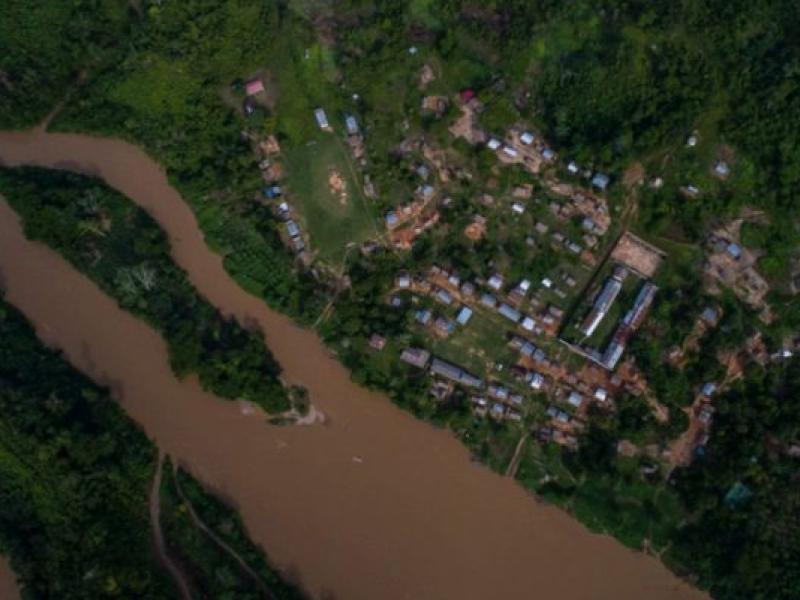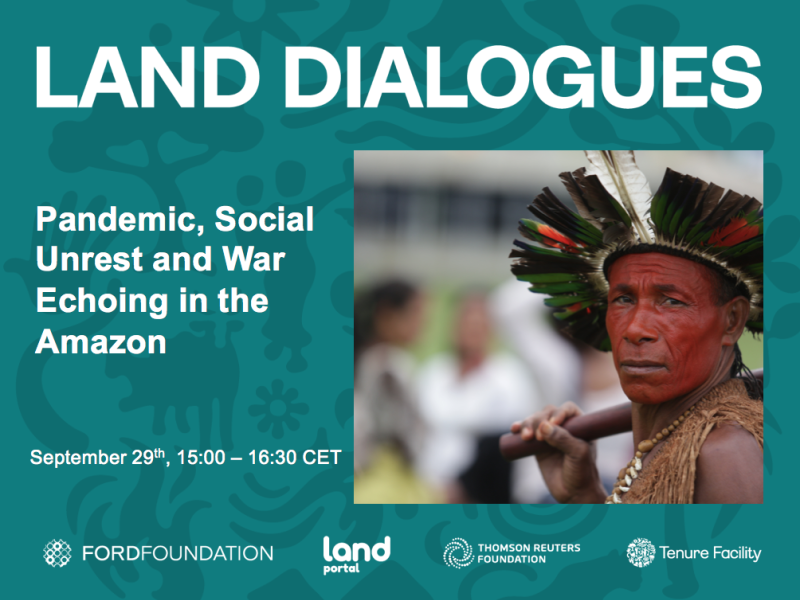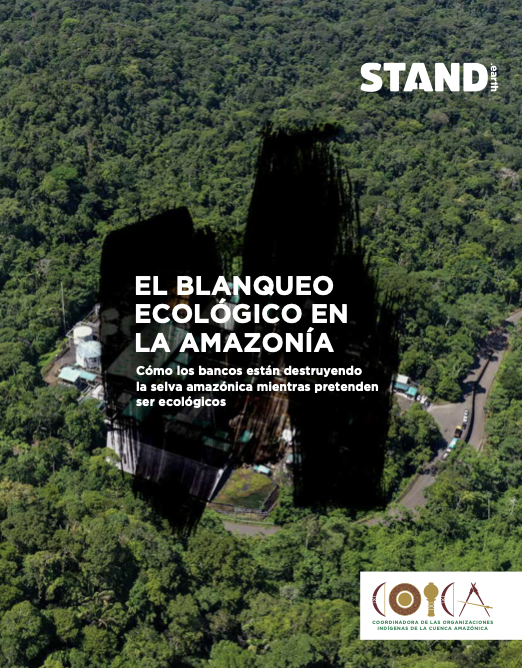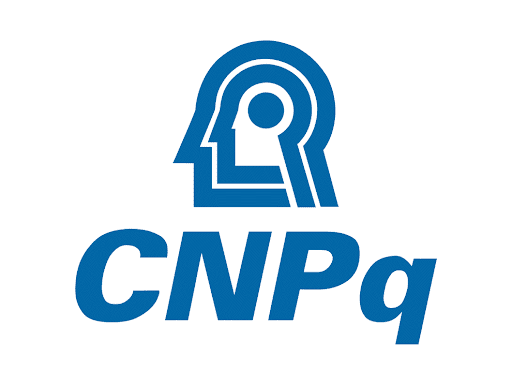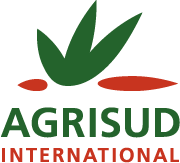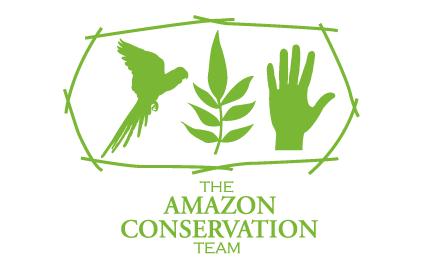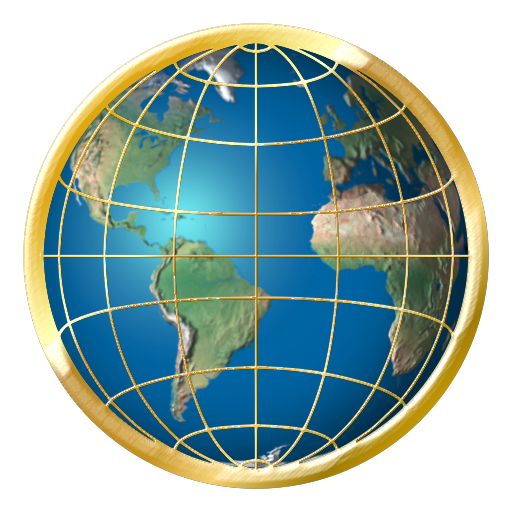South America
NewsBrowse all
06 June 2024
Challenging prejudices and building a more equal future where differences are respected, Mauro Julián Sánchez and Nelson Fabián Solano, a gay couple who requested the joint title of their rural parcel in Chaparral (Tolima) share their experience as part of the implementation of the Rural Property…
20 March 2023
When María Eugenia Ruiz stepped up to receive the title to her property and home, she had the chance to tell the audience about the hardships she has endured with owning land in an informal land market.
"To be honest, I have just a little house made of boards," said Ruiz, 55. "But some time ago, a…
03 February 2023
By Nieves Zúñiga
This story has been developed as part of Nieves' 2022 LEDE Fellowship project awarded by the Solutions Journalism Network and developed in collaboration with Land Portal.
Reforestation using the Miyawaki method seeks to restore nature to its original state with results that can be…
BlogsBrowse all
09 September 2024
Magic Comes to Life
Central to the oral history of the Santo Madero community is the legend of a miraculous tree that fell in a violent storm only to reappear a few days later, upright and green. The event, which reflects the magic realism that Colombia is known for, has evolved into a vital part…
EventsBrowse all
Recent global events have had dire impacts on the world's remaining forests, particularly in tropical regions. Disease outbreak, war and social insecurity may have originated in other parts of the globe, however their effects ripple and affect the most vulnerable regions & people. This ripple…
LibraryBrowse all

